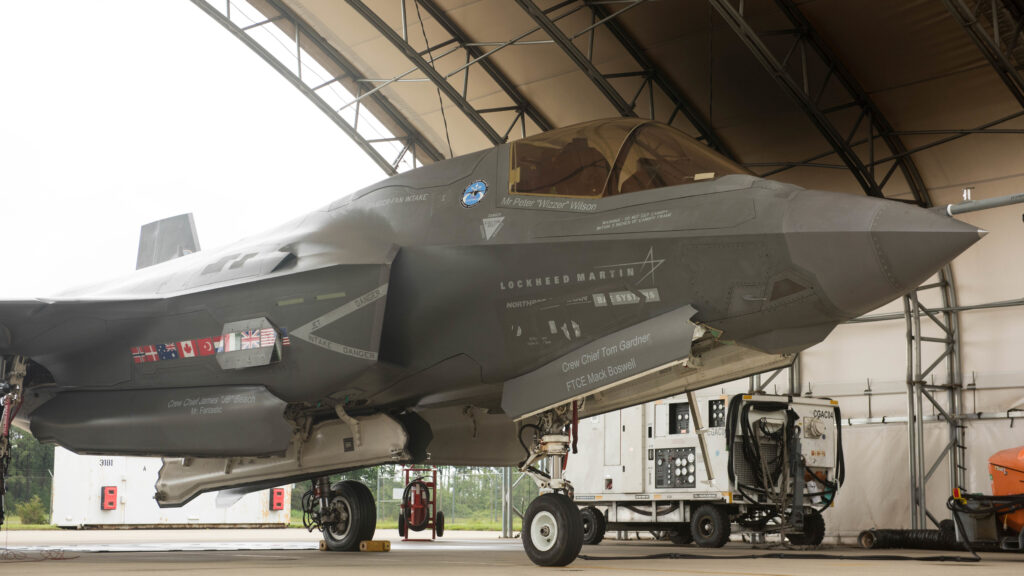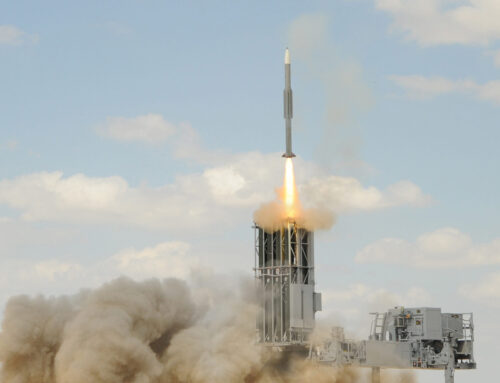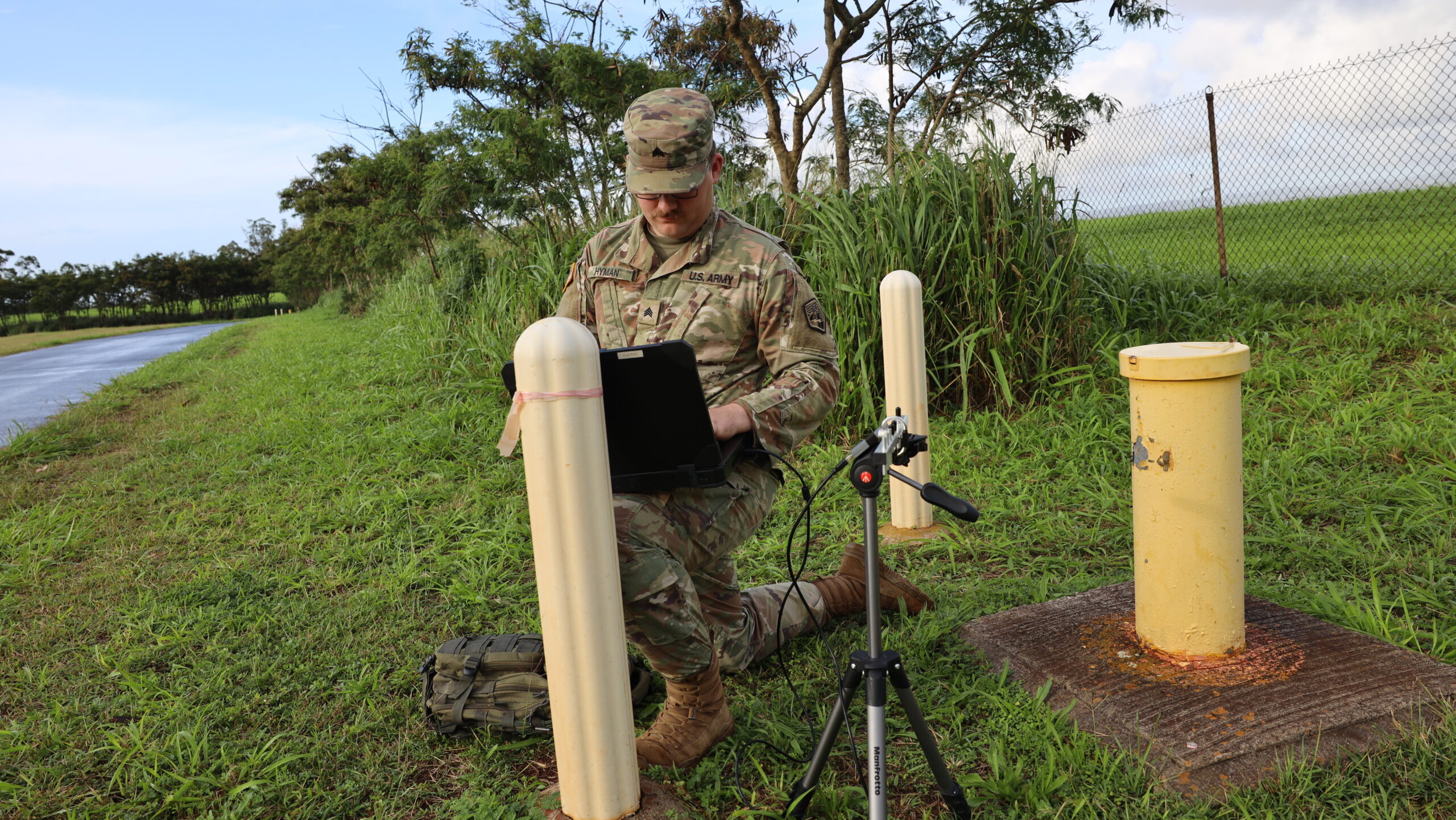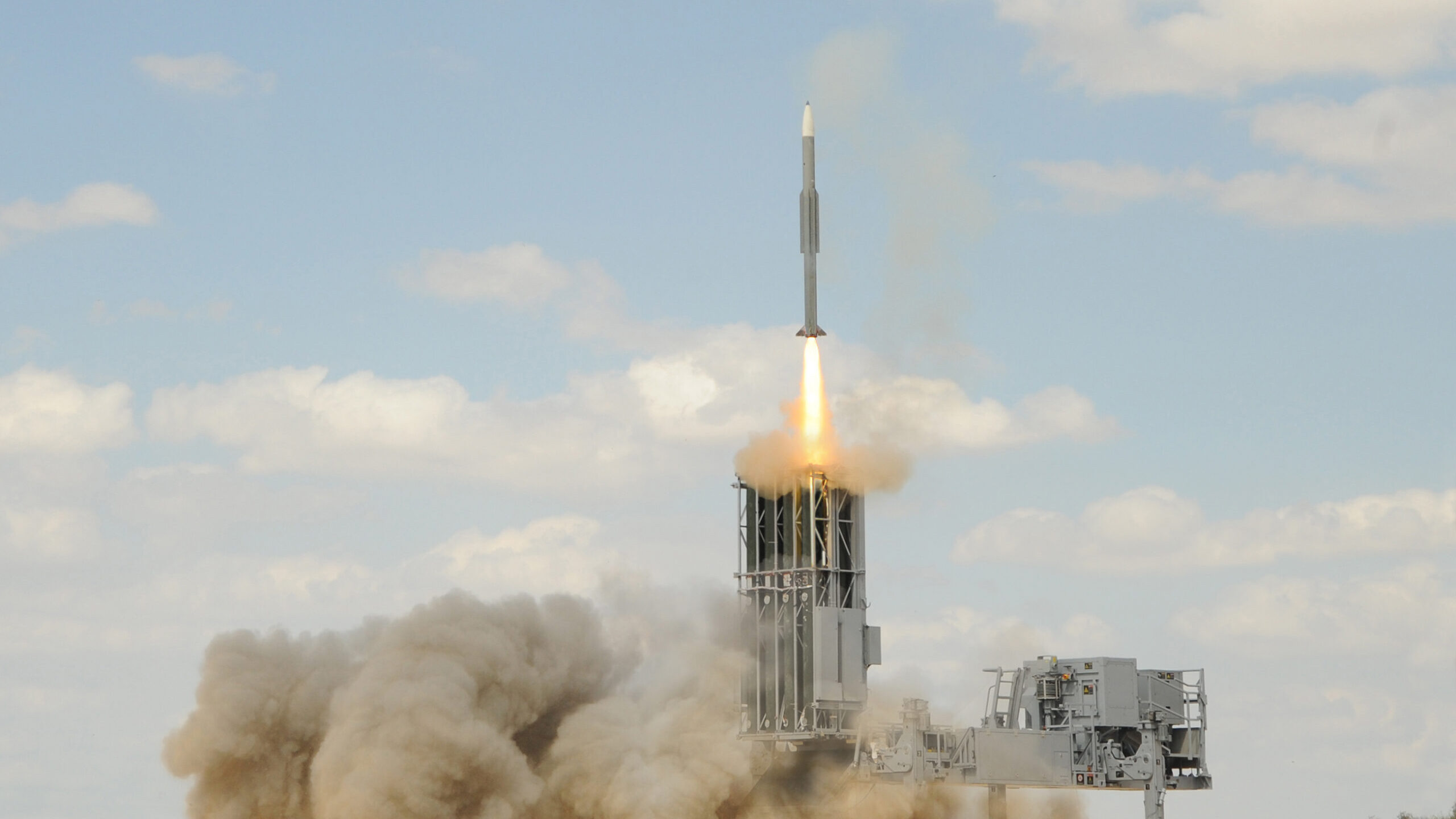An F-35B is prepped for a test flight at Pax River Integrated Test Force in Patuxent River Md. May 24, 2017. (Official Marine Corps Photo by Cpl. Timothy R. Smithers)
WASHINGTON — The House approved an $833 billion defense spending proposal for fiscal 2025 in a narrow 217-198 vote today, moving forward a bill that President Joe Biden has threatened to veto over its hard-right policy riders.
The bill was opposed on party lines by Democrats who objected to conservative provisions on “culture war” issues like abortion, LGBTQ rights and climate change, as well as the removal of funds for the Ukraine Security Assistance Initiative.
California Rep. Ken Calvert, the Republican chairman of the House Appropriations defense subcommittee, said in a statement following passage that the FY25 bill continues the focus on “deterring China’s aggression with strategic investments in the Pacific, promoting innovation and modernization, optimizing the Pentagon’s civilian workforce, increasing the Department’s role in countering the flow of fentanyl into the U.S., and supporting our close ally, Israel.”
The leading Democrat on the subpanel, Minnesota Rep. Betty McCollum stated that the bill was “loaded with offensive and unnecessary provisions that divide Americans and weaken our national security.”
One proposed amendment that would have been hugely consequential for the Pentagon’s biggest weapons program never made it to the House floor. The measure, offered by three members of House Armed Services Committee, would have cut F-35s from 76 jets to the 58 aircraft authorized in the House version of the FY25 National Defense Authorization Act.
However the Republican-led Rules Committee, which determines which amendments will go to the floor for debate, blocked it from moving forward.
In a statement following the decision, two of the amendment’s sponsors — HASC ranking member Adam Smith of Washington and New Jersey Rep. Donald Norcross, the top Democrat on the airpower subpanel — said the decision threatens congressional oversight of a troubled program necessary to get the F-35 on more stable footing.
“A simple short-term reduction in acquisition rates would enable us to mitigate the known systemic problems, correct course, and get the F-35 program and workers up and running at full speed,” they said in a joint statement. (Rep. Jen Kiggans, R-Va., was the third sponsor of the amendment.)
As the bill already contained language on GOP social causes, amendments debated on the floor were mostly confined to relatively small shifts in spending related to equipment upgrades and research and development projects.
An exception was yet another amendment to prohibit funding for Ukraine, put forward by Rep. Marjorie Taylor Greene, R-Ga., who offered similar amendments when the House took up the defense authorization bill earlier this month. The amendment was soundly defeated in a 76-335 vote.
Read more about the House defense spending bill here:
F-35, Israel win big in House appropriators $833 billion draft defense bill
House appropriators spending bill report shows key changes across procurement, R&D
House appropriators approve $833 billion defense bill, rebuking Ukraine aid amendment
The White House condemned the bill earlier this week for “numerous partisan policy provisions with devastating consequences for the readiness and wellbeing of America’s military and their families,” as well as cutting funds for the Constellation-class frigate, C-40 executive transport plane and new Air Force One planes.
The Senate Appropriations Committee has yet to put forward its own version of the defense spending bill, but its draft is likely to differ from the House’s in two key respects. First, the conservative policy language embedded in the House bill will be nowhere to be seen in the bill put forward by the Democrat-led committee.
Secondly, its leadership has indicated they could be amenable to following Senate authorizers and busting budget caps put in place by last year’s Fiscal Responsibility Act. Sen. Patty Murray, the Washington Democrat who leads the powerful committee, has stated that while defense spending needs to be increased over the current limits, she would “insist on parity for nondefense spending.”











